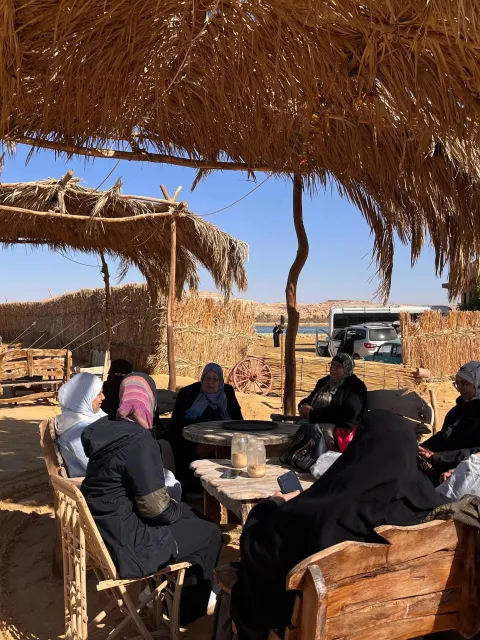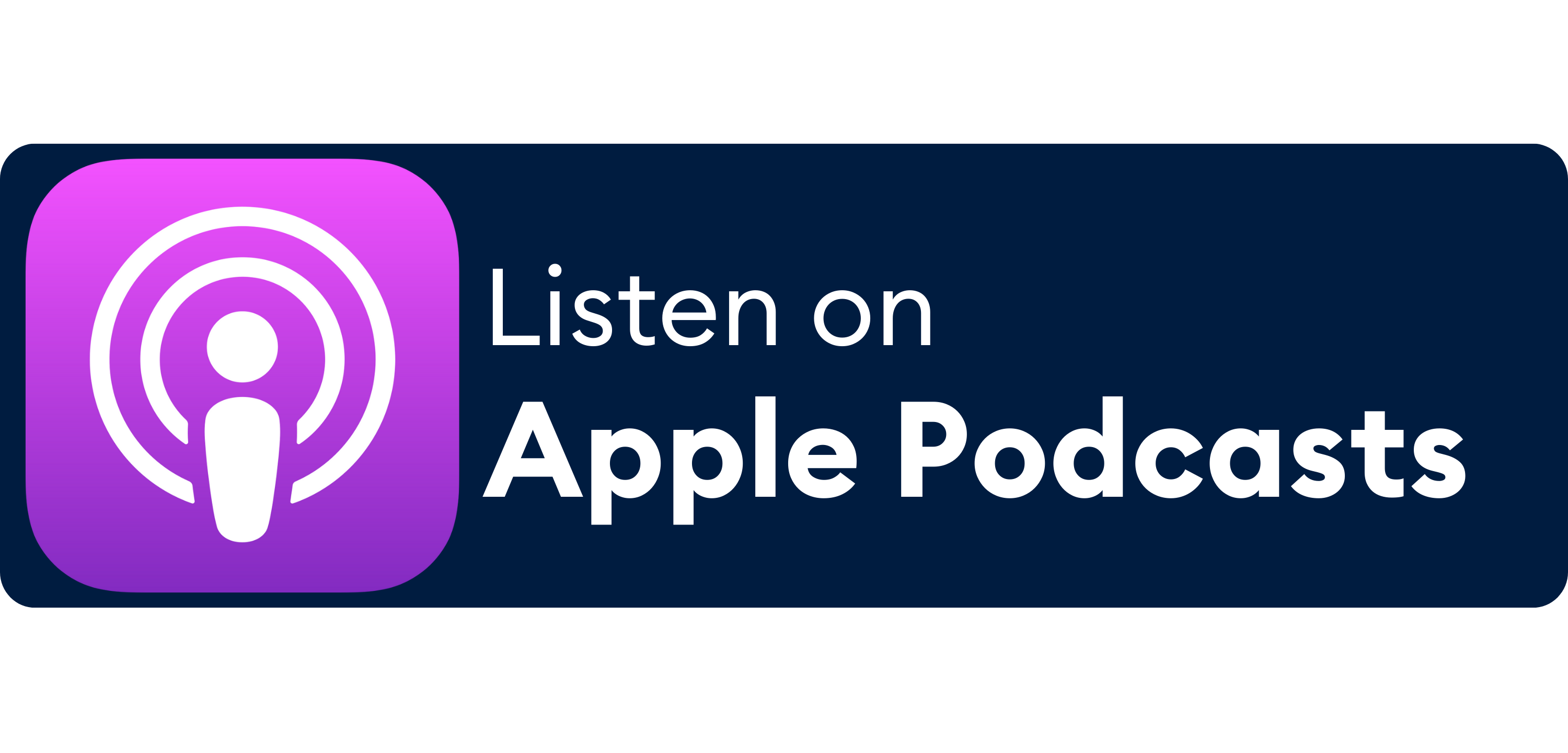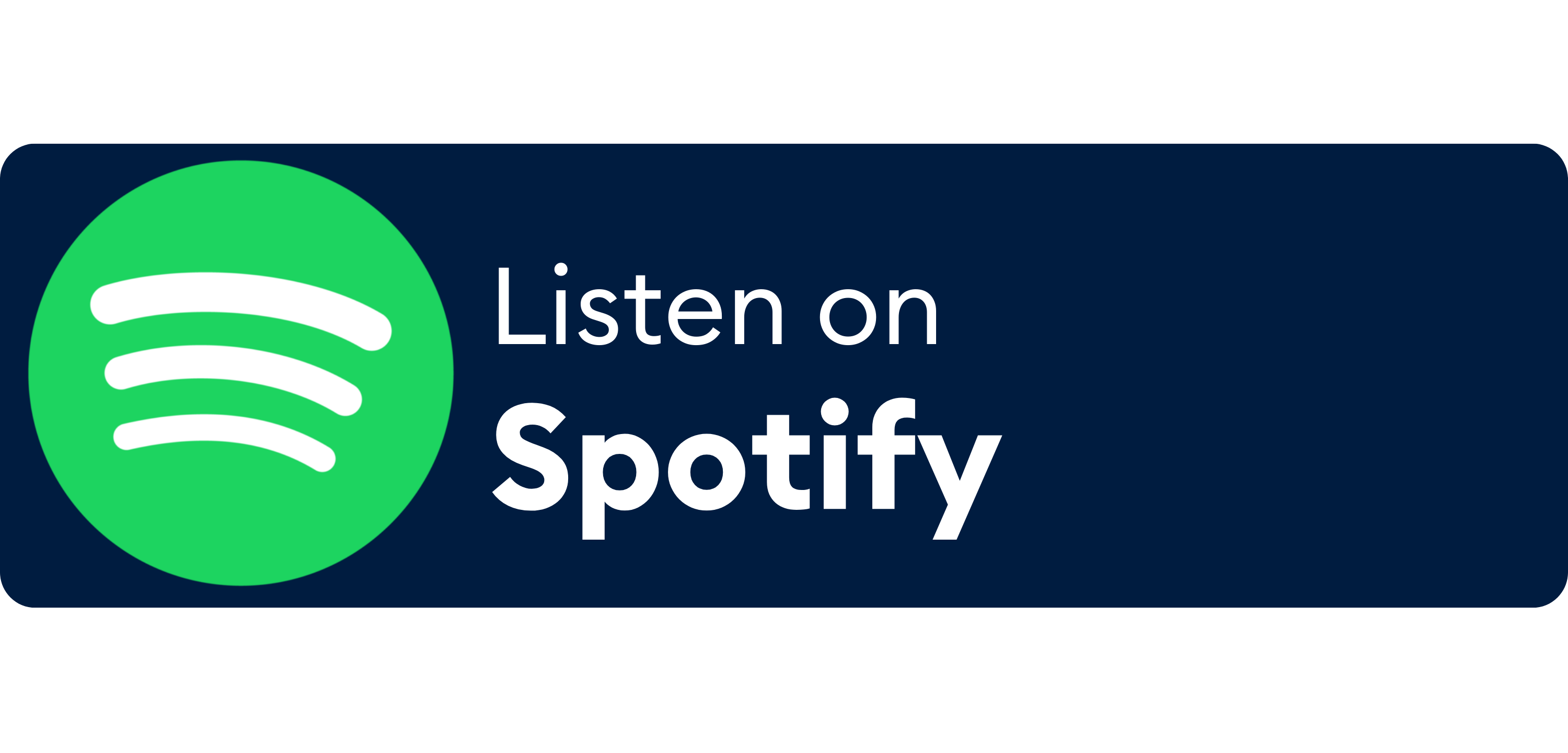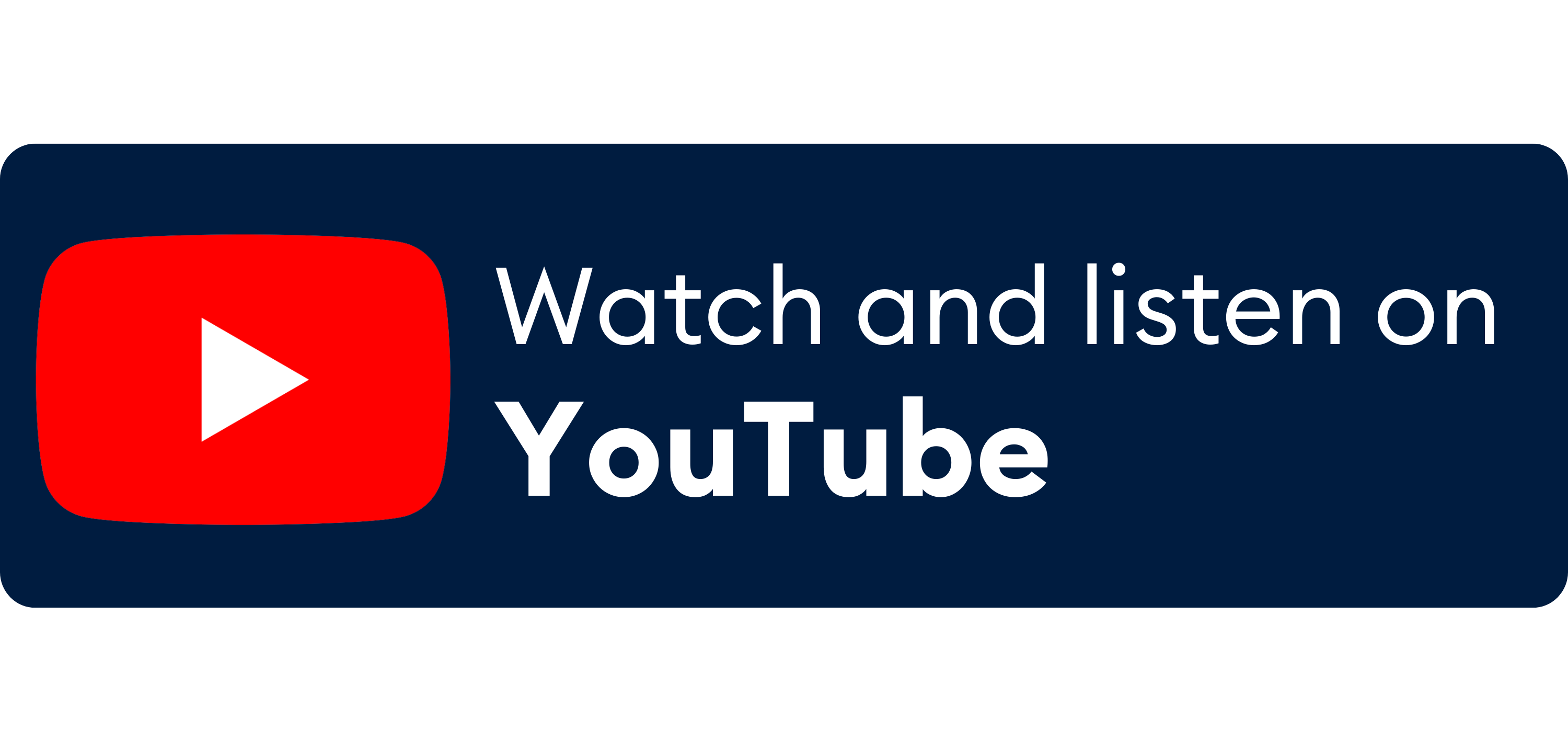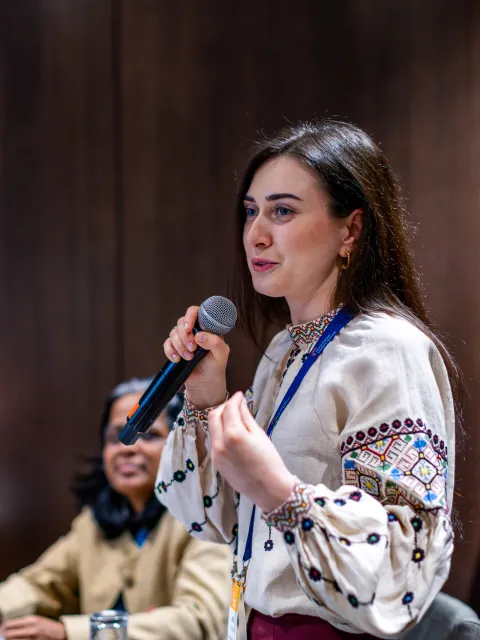How UICC members are driving change – and strengthening ties on UICC Connect
From early detection to patient support, UICC member organisations around the world are transforming cancer care globally and deepening connections on UICC Connect.
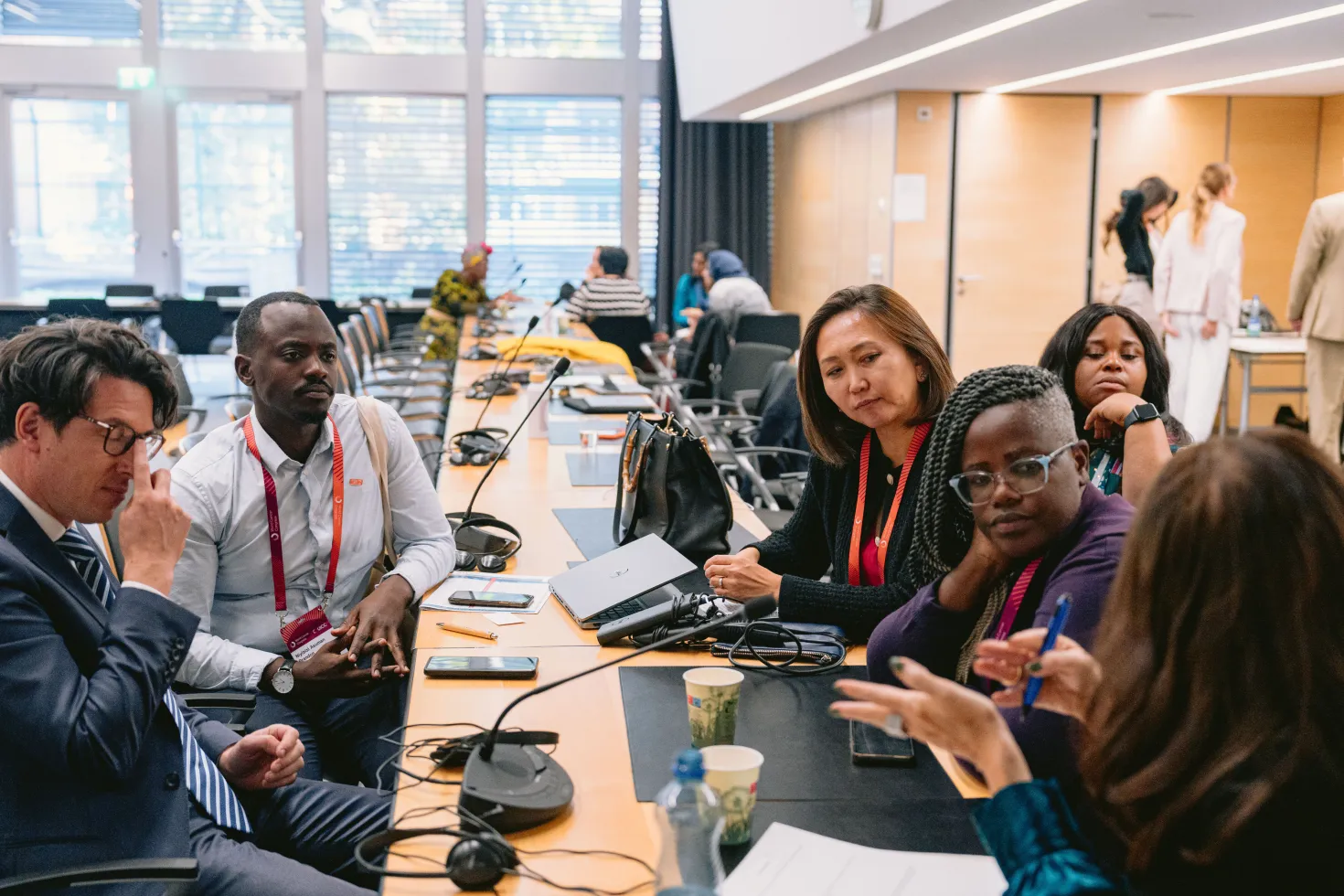
Workshop organised by UICC at the World Cancer Congress 2024
HIGHLIGHTS
- The UICC membership offers a vibrant reflection of the global cancer community’s diversity in terms of geography, expertise, and mission.
- By offering a space for members to learn from each other, discuss key topics and collaborate, UICC Connect reflects this rich diversity as UICC members increasingly leverage the platform to share their perspectives and showcase their efforts.
- Alongside discussion spaces and thematic channels, UICC Connect also hosts UICC's online learning offer, supporting members to gain practical skills in advocacy, leadership, and organisational management, and access knowledge on key global cancer control priorities such as cervical, breast and childhood cancers.
This July, UICC is spotlighting some of the extraordinary work being carried out by its members around the world. Some of the many stories featured this month include speech and language rehabilitation for head and neck cancer survivors, community-based care in India, a children’s cancer hospital in Romania, improving the early detection of breast cancer in Rwanda and El Salvador, and closing care gaps with people-centred care for underserved populations in Brazil and Chile.
Later this month, UICC will showcase a HPV self-sampling initiative in Ukraine, the importance of addressing hepatitis as a cancer risk factor, and improving the early detection of lung cancer with mobile and AI-driven screening and diagnosis.
This diversity of action – across regions, income levels, and health systems – is what characterises the UICC membership, a vibrant reflection of the global cancer community’s diversity in terms of geography, expertise, and mission. With over 1,100 member organisations across more than 170 countries and territories, the network includes cancer societies, research and treatment centres, professional associations, and a significant number of patient organisations – nearly 40% of all members – who play an increasingly central role in shaping national cancer responses.
Sharing and learning on UICC Connect
This diversity is increasingly reflected on UICC Connect, UICC’s digital platform designed to foster collaboration and exchange among members.
Over the past six months, engagement has steadily grown on the platform with members using the space to share new research, good practices and patient stories – from dietary guidance and tobacco control strategies to survivorship narratives and cancer care in conflict settings.
The platform now hosts some 1,340 users, with 324 UICC member organisations represented. Since the start of 2025, over 780 new users have joined, with an average of 380 logging in each month to take part in conversations, share experiences, or offer advice.
Themed discussion rooms offer spaces for users to exchange ideas, seek guidance, and collaborate on a wide range of cancer control topics – from prevention, legislation, and health systems to cervical and lung cancer, patient navigation, and tobacco control. These rooms are complemented by targeted conversations on issues such as advocacy, funding, and regional needs, with additional engagement around member-led initiatives.
Content is organised across four thematic channels – cancer and health systems, people-centred care, risk factors, and women and cancer – to help users navigate relevant topics more easily. Recent posts on the platform have sought input on adapting patient education materials for different languages, connecting organisations working on HPV vaccination, and identifying approaches to tobacco cessation support. These interactions not only provide practical advice but also help foster a sense of community across contexts.
UICC Connect also provides access to a growing range of learning opportunities, part of UICC's member-exclusive online learning offer. More than 240 individuals have participated in self-guided and live courses so far this year.
Courses available on-demand include those covering WHO's global cancer strategies on childhood cancers, cervical cancer elimination and breast cancer, as well as comprehensive resources on civil society organisations’ management, and law and cancer.
Additionally, two live courses were hosted this year on the platform: 'Advocacy for improved cancer control', the completion of which is a condition to apply to the Cancer Advocates programme, UICC's flagship initiative supporting members' national advocacy efforts; and 'Women, power and cancer', a unique collaboration with the McCabe Centre for Law and Cancer and the Lancet Commission on Women, power and cancer.
“As a member-led platform, UICC Connect is defined by what our members bring to it. It’s a space to connect with peers, explore solutions and reflect on shared challenges.”
– Alessandro Di Capua, Senior Manager, Leadership Development at UICC
More than one third of monthly users are actively contributing to the platform – by posting, commenting or reacting to content – and UICC is continuing to adapt the platform in response to feedback. Planned updates aim to improve navigation and make member-generated resources easier to find.
Last update
Friday 18 July 2025